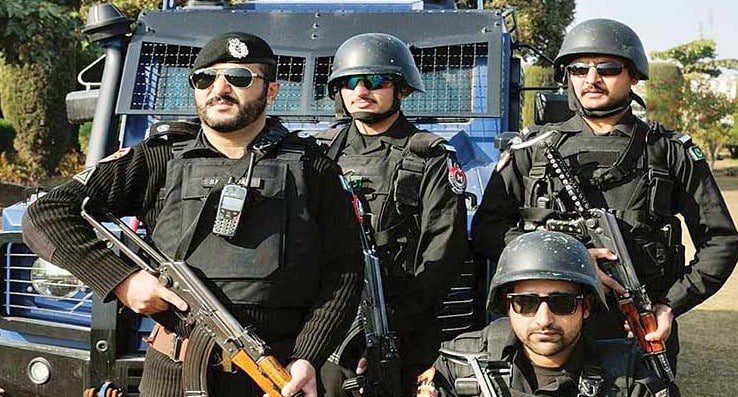The federal government is pondering legislation to ban sectarianism and any attempt to finance sectarian hatred. Takfir, meaning one Muslim declaring another Muslim Kafir (apostate), will be considered a serious offense under the proposed law which will be discussed at a meeting on today in the Prime Minister’s Office.
“The purpose of the new law is to ban sectarianism and come down hard on financers of sectarian violence in the country,” said an official monitoring progress on the National Action Plan (NAP). “Both the centre and the provinces will pass legislation towards this end,” he said.
Experts believe the state is facing a major threat from sectarian groups, many of whom have been active in south Punjab, interior Sindh and Balochistan for several years now.
Hundreds have been killed in targeted killings motivated by sectarian hatred, which according to some experts, has been fueled by certain ‘brotherly’ allies of Pakistan.
“We will take up the issue of provinces’ hurdles in way of swift action against all banned outfits,” the official said on the condition of anonymity. “Under new laws, no one will be allowed to declare a member of any other Muslim sect apostate.”
Senior lawyer Ali Zafar said the government could amend relevant clauses of the Pakistan Penal Code (PPC) after reviewing the chapter of “deliberate and malicious acts intended to outrage religious feelings of any class by insulting its religion or religious beliefs.”
“It is a serious issue. The 1973 Constitution gives everybody the right to freely exercise his or her religion or belief,” he said. Former interior secretary Mahmood Shah said sectarianism should be considered a serious offence under the new laws. “It is high time we got rid of this chronic issue. Funds coming from abroad is also fueling sectarian violence which must be stopped and the issue should be taken up with brotherly countries,” he said.
Pakistan’s top civil and military authorities are scheduled to hold a crucial meeting in Islamabad today (Thursday) to discuss the next phase of the operation against militants. Participants include the prime minister, military and intelligence chiefs, chief ministers for the four provinces and Gilgit-Baltistan, and the premier of Azad Jammu and Kashmir.
“We are going to discuss a three-point agenda, with a focus on counter-terrorism and how to de-radicalise our society,” said a senior National Counter-Terrorism Authority (Nacta) official who will also attend the meeting.
The other two areas to be focused in the meeting are controlling proliferation of weapons and implementation of NAP in the provinces, the Nacta official said. He added that the Foreign Office would also convince authorities in Saudi Arabia and Iran to send funds to seminaries in Pakistan only through official channels. According to the official, the interior minister will also formulate a draft policy for deweaponisation in the country.
Also read: Media must play role in ridding country of terrorism, sectarianism and extremism: PM






